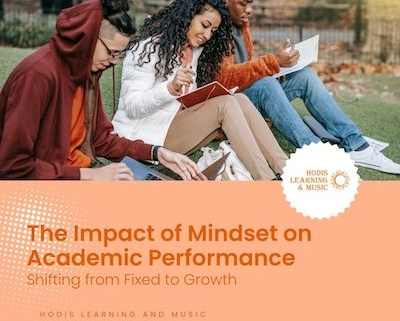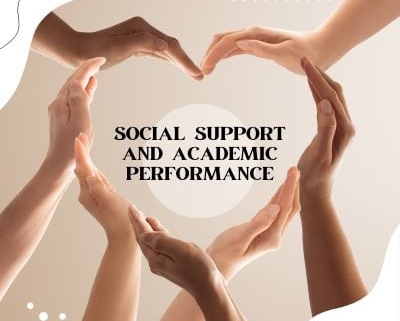It’s all too easy to fall into the trap of comparing oneself to peers. Whether it’s grades, test scores, or extracurricular achievements, the pressure to measure up can be overwhelming. However, this constant comparison can be more detrimental than motivational, leading to unnecessary stress, anxiety, and a skewed perception of success. In this post, we cover why focusing on personal growth rather than comparison is crucial for academic success.
Understanding the Pitfalls of Comparison
Comparison, by its nature, overlooks the uniqueness of each student’s learning journey. It assumes a uniform benchmark for success, disregarding individual strengths, challenges, and goals. This can lead to experiencing a range of negative emotions, from feelings of inadequacy and low self-esteem to burnout from attempting to meet unrealistic standards. Furthermore, comparison can distract from personal achievements, overshadowing one’s own progress and the true value of learning.
Embracing Personal Growth
The antidote to comparison is a focus on personal growth and development. Recognizing that learning is a personal journey, with its own set of milestones, allows for a healthier and more productive educational experience. Setting personal SMART goals, celebrating individual achievements, and reflecting on one’s own progress fosters a sense of accomplishment and motivation that is independent of external benchmarks.
Practice Gratitude
Cultivate a habit of gratitude for your learning opportunities and achievements. This can shift your focus from what others have accomplished to what you’re thankful for in your own journey. This can look like keeping a gratitude journal or expressing gratitude to those who help you.
Seek Constructive Feedback
Ask teachers and trusted loved ones for individualized help to gain insights into your learning process. Constructive feedback is invaluable for growth and improvement, steering you away from unhelpful comparisons. Tutoring can be extremely helpful in helping students to understand, appreciate, and utilize their strengths.
The Role of Academic Tutoring
Academic tutoring plays a critical role in shifting the focus from comparison to personal growth. Tutors can provide personalized learning plans that cater to the unique needs, strengths, and goals of each student. This individualized approach ensures that students are not measuring their progress against a generic standard but are instead working towards their own defined objectives.
Tutors also offer a supportive and non-judgmental environment where students can explore their abilities and challenges freely. This encouragement of self-awareness and self-reflection is key in developing a personal metric of success that is separate from the achievements of peers.
Takeaway
Comparing yourself to your peers is a natural tendency, but it’s not conducive to genuine learning or personal development. By focusing on personal growth, setting individual goals, and leveraging the support of academic tutoring, students can navigate their educational journeys with confidence and self-assuredness. Remember, true success is measured not by how you compare to others, but by how far you’ve come on your own path.
Book an Expert Tutor Today!
Hodis Learning & Music provides expert, individualized academic tutoring that helps students to understand how they learn and leverage their strengths to optimize their academic performance. Through this process, students learn to shift their mindset from comparison to one of personal growth. Learn more about our services by calling or emailing us today!



